|
Documentary by Aaron and Amanda Kopp contains animated tale conceived by Swazi orphans Stories hold the power to entertain, to inform and in some cases, even to heal. All three potentialities are in play in the documentary Liyana by Aaron and Amanda Kopp, which held its world premiere Saturday at the LA Film Festival. The subjects of the film are a group of orphans growing up in Swaziland, a country where immense numbers of children have lost their parents to HIV/AIDS. The tragedies and traumas suffered by the young protagonists are only hinted at by the filmmakers. The true nature of what the children have experienced emerges through an innovative classroom workshop: writer and performer Gcina Mhlophe guides the kids to invent a story about a fictional girl whom they decide to call Liyana. These kids are so cool. Complicated, interesting, inspiring. "We worked with Gcina Mhlophe, the teacher, to kind of come up with a simple structure [for the children's story]... like a hero journey," Aaron Kopp explained during a Q&A after the world premiere. "She would present [the kids] with kind of a 'story step': 'Now something's going to happen that's going to send our hero on a journey. Go for it.' So she helped guide the process, but all of the ideas were theirs... It was really fun just to see it materialize in front of us because we had no idea what they would come up with." What they came up with is the story of an orphaned girl, Liyana, who must take care of her small twin brothers after their parents succumb to HIV/AIDS. When thieves kidnap the little boys Liyana sets out to rescue them, accompanied by a trusty and valiant bull. The documentary alternates between vérité footage of the young storytellers -- Sibusiso, Phumlani, Nomcebo, Mkhuleko, and Zweli -- and interviews with them as they expand the tale of Liyana's adventure. And then the story itself comes to life on screen, in lush animation created by artist Shofela Coker. "As a Nigerian myself I try to find a way to bring an African perspective to the world in my work," Coker told the audience at the Q&A. "I saw these kids and they just felt exactly like me. I felt a huge responsibility to try to give that voice the grace it deserves." As a film, then, Liyana is a blend of documentary and fiction. "I don't think we wanted to be encumbered by genre," Aaron stated. We like to think of ourselves as artists, no? In this case we wanted to make a film that was respectful and worthy of our amazing characters and so, after much head-scratching over the years, we decided to make a documentary, yes, but also trust fiction to bring us truth." Through the process of creating the fictional tale, the children were able, obliquely, to address the pain they have endured. "I think that's the fundamental premise of the film, that... they create this fictional character and then it just gives them a thin veil of anonymity through which they can be free. They can be expressive," Aaron observed. "They can say things that we as the audience will never know just exactly what's what." At the premiere, storyteller Phumlani conceded being in the film "makes me feel like a hero." Nomcebo, the lone girl among the five principal storytellers, said she drew inspiration from the fictional tale they created. "It gave me the strength to just kind of push on in life, no matter how hard life becomes and try to find a positive solution."  The "Liyana" team at the world premiere of their film at the LA Film Festival in Culver City, California, Saturday, June 17, 2017. L-R (back row) co-producer Bridget Pickering, producer Daniel Junge, storyteller Sibusiso, producer Sakheni Dlamini, storyteller Nomcebo, director/producer Amanda Kopp, director/producer Aaron Kopp, animator Shofela Coker, co-editor Davis Coombe. L-R (kneeling) storytellers Phumlani, Mkhuleko, and Zweli. Photo by Matt Carey Producer Sakheni Dlamini spoke of the significance of a heroic girl being the focus of the children's story. "We don't have very many instances [in Swaziland] where women are celebrated or are portrayed as the heroine," Dlamini noted. "So for me as a Swazi and having Liyana be such a great, extraordinary character of such strength and beauty and sometimes whimsical -- because we're complex beings, right? -- it just shows the many different facets of being a woman, of sort of entering into your own, so to speak." Dlamini said the film is meaningful for all of her countrymen and women. "It makes us feel worthy," she said. "We are a proud people. It validates our story, that we are enough and that our stories are worth telling. And for me that is an amazing thing." Distribution plans for the film are still in process, Aaron told Nonfictionfilm.com. The filmmakers plan to screen Liyana soon in a country neighboring Swaziland.
"We're focused on going to South Africa next, which we're so excited about," Amanda Kopp said. "It's so close to Swaziland and a lot of the team in Swaziland that couldn't come here [to L.A.] will be able to come to Durban." For Aaron Kopp, who grew up in Swaziland, there is great significance in returning with the film to Africa. "As you well know, there's sort of a history of taking things from Africa, including stories -- there are many stories that are sort of pulled by outsiders about Africa, are taken from Africa and rarely returned," he said. "So it's extremely important for us to go back to Durban and to feel like we have kind of a homecoming there." The Kopps are credited as co-directors, but Aaron spoke of the project as very much a collaboration and a joint venture. "Who controls the narrative has an extreme amount of power, right, whether that's white people in Africa, the Western world as opposed to the rest of the world," he told Nonfictionfilm.com. "We wanted to put [the children] in a position of power where they could decide what was said and what was not said. I think they really responded to the freedom that came with that creativity and I hope audiences will take the time -- of course, just enjoy the excitement of the story they tell but also think through it a little bit, look through it to see what's in there, because there's a lot in there. I mean everything is sort of a symbol or an allegory in some interesting way. And maybe the kids didn't fully appreciate what all they were saying at the time but I think they came up with some pretty sweet stuff." |
AuthorMatthew Carey is a documentary filmmaker and journalist. His work has appeared on Deadline.com, CNN, CNN.com, TheWrap.com, NBCNews.com and in Documentary magazine. |
- Home
- News
- Videos
-
Galleries
- 2019 Tribeca Film Festival
- Full Frame Documentary Film Festival
- 2019 SXSW Film Festival
- SXSW 2018 Gallery
- 2019 Sundance Film Festival
- Outfest 2018 Photo Gallery
- Outfest 2017
- Sundance 2018 Photos
- 2017 LA Film Festival
- 2017 Cannes Film Festival
- Tribeca Film Festival 2017
- SXSW 2017 Gallery
- 2017 Berlin Film Festival
- Sundance 2017 Gallery
- 2016 Los Angeles Film Festival
- Cannes Film Festival 2016
- SXSW 2016 Gallery
- Berlinale 2016 Gallery
- Sundance 2016 Gallery
- Filmmaker Gallery
- About
- Contact
Proudly powered by Weebly
- Home
- News
- Videos
-
Galleries
- 2019 Tribeca Film Festival
- Full Frame Documentary Film Festival
- 2019 SXSW Film Festival
- SXSW 2018 Gallery
- 2019 Sundance Film Festival
- Outfest 2018 Photo Gallery
- Outfest 2017
- Sundance 2018 Photos
- 2017 LA Film Festival
- 2017 Cannes Film Festival
- Tribeca Film Festival 2017
- SXSW 2017 Gallery
- 2017 Berlin Film Festival
- Sundance 2017 Gallery
- 2016 Los Angeles Film Festival
- Cannes Film Festival 2016
- SXSW 2016 Gallery
- Berlinale 2016 Gallery
- Sundance 2016 Gallery
- Filmmaker Gallery
- About
- Contact

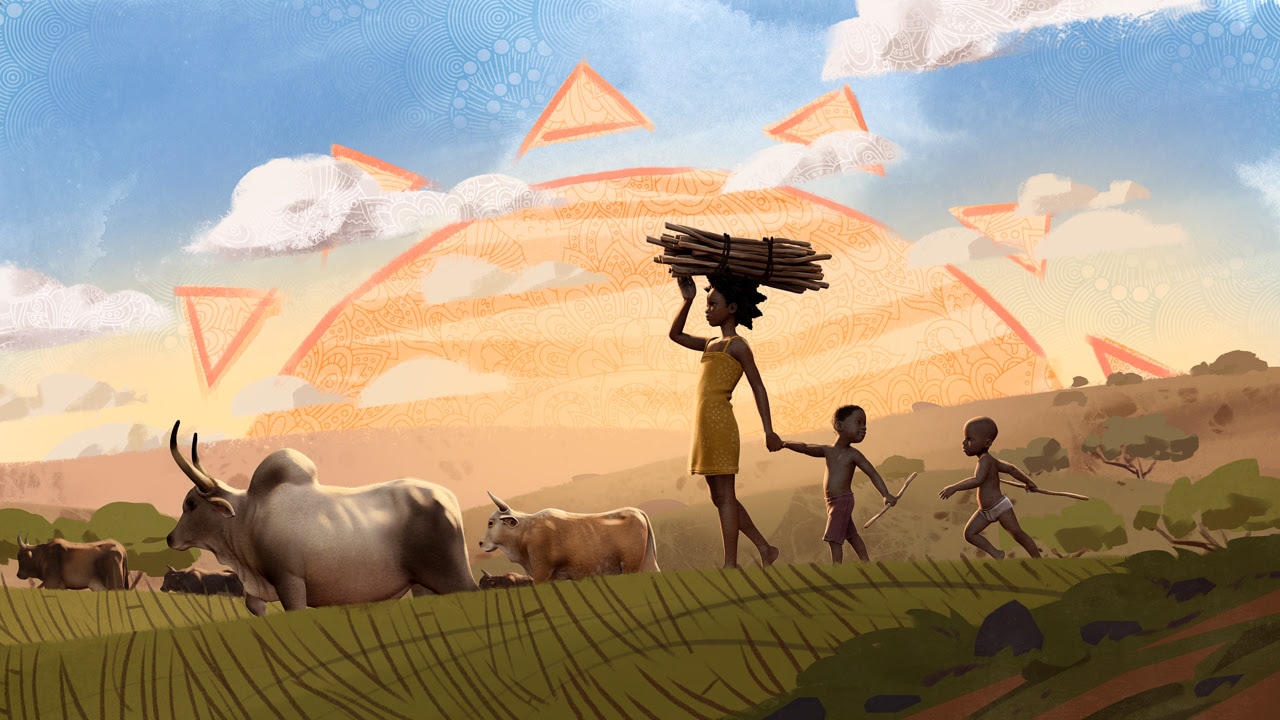
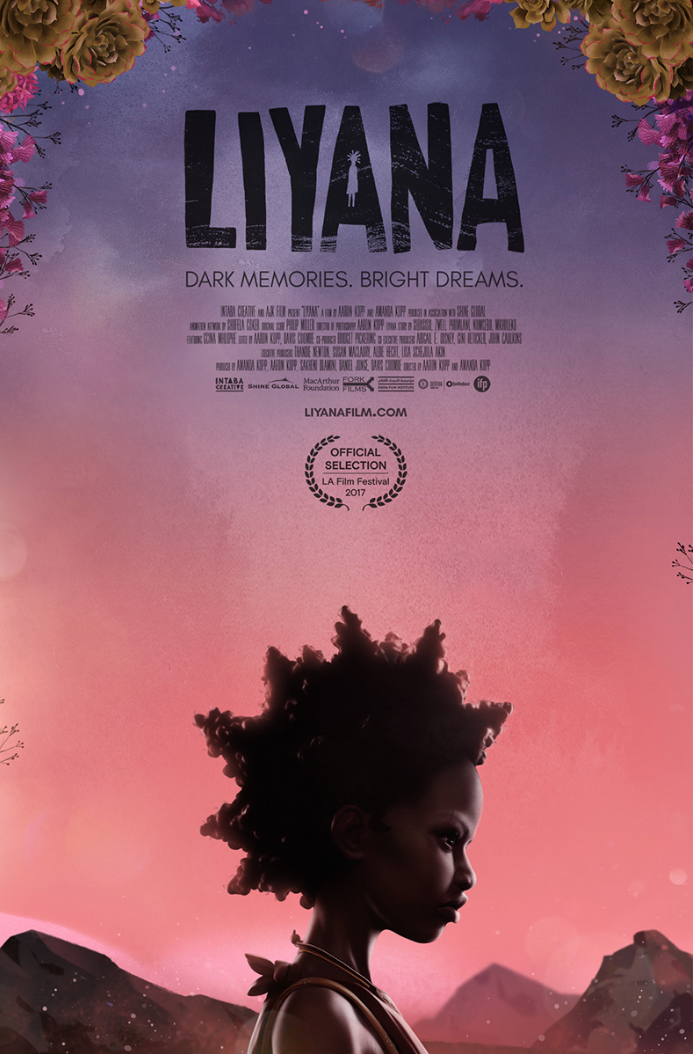
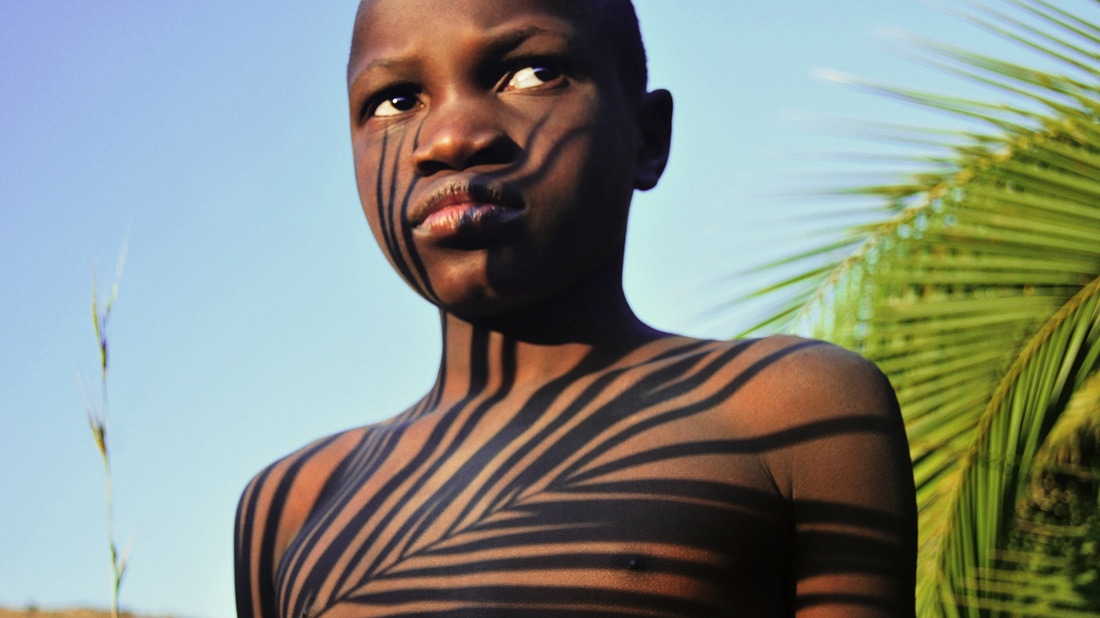
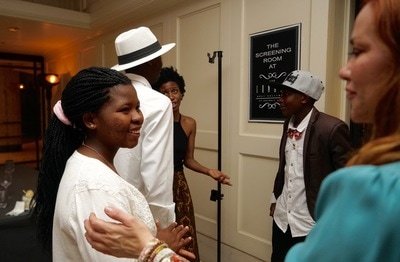
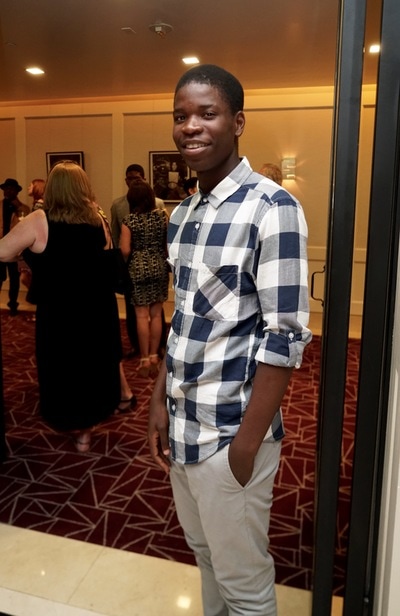
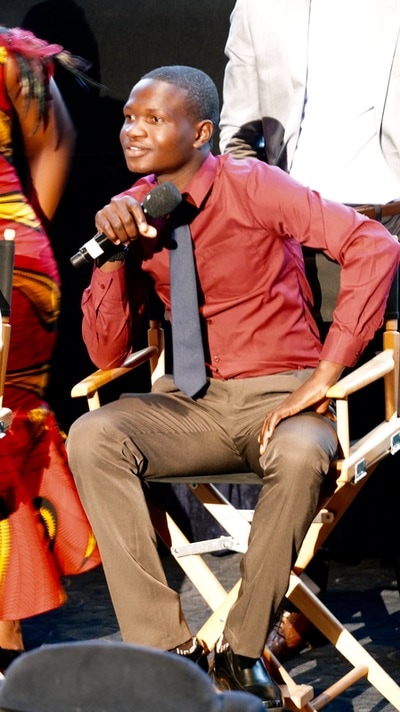
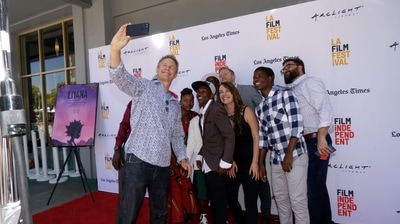
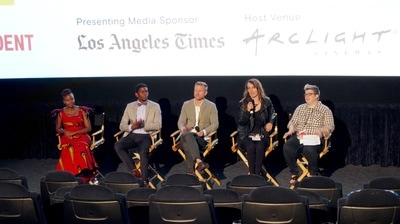
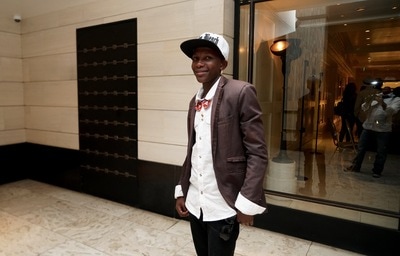
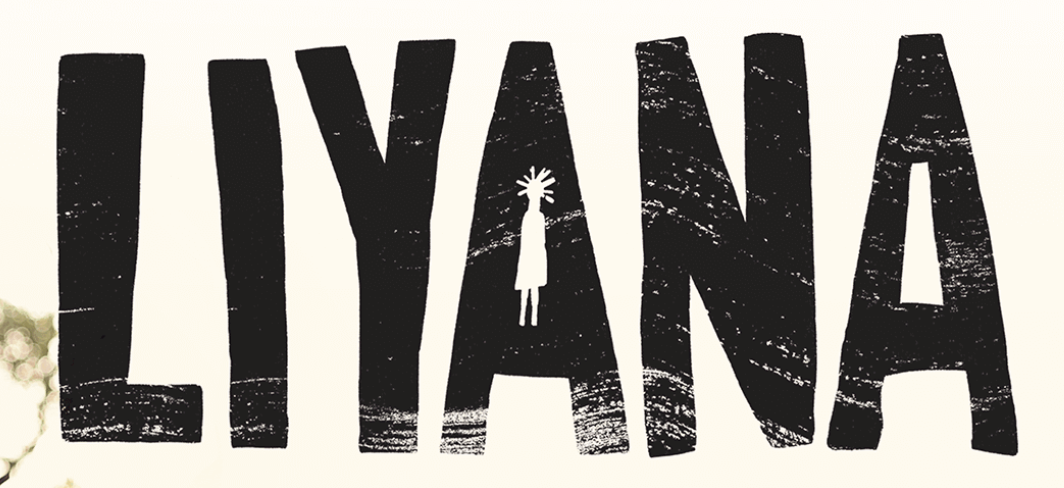
 RSS Feed
RSS Feed